Does your child cry and cling on to you when you drop him off at school? It seems like your child is going through a phase known as separation anxiety. Separation anxiety is a natural and normal developmental process in children younger than 4 years year old. Children at this age go through separation anxiety as they have yet to reach the cognitive maturity to understand the concept of object permanence. Therefore, when separated from their primary caregivers, young children in such situations will display some distress and clinging behaviours.
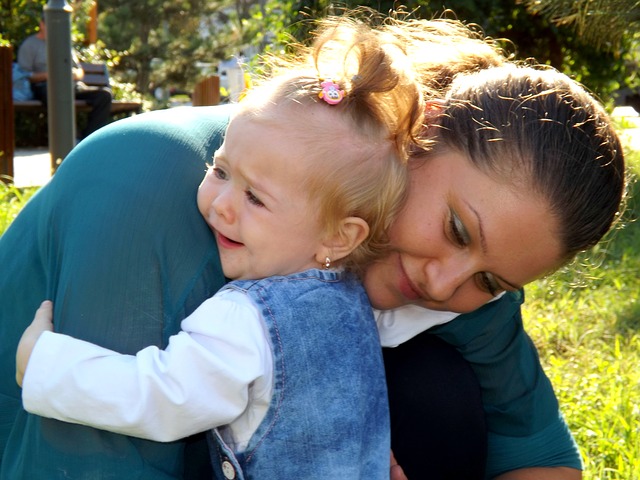
However, if your child is 6 years and above and is still displaying such behaviours, he or she might be experiencing separation anxiety disorder. Some examples of severe separation anxiety disorder are the child’s unrealistic fear that something bad will happen either to him or herself or to a parent while they are apart, or they refuse to go to school or sleep on their own.
Causes of Separation Anxiety Disorder
There are a variety of causes. One possible cause suggested by research is hereditary. It may also be the result of certain trauma or stress experienced by the child. Other causes are recurrent social rejection and bullying. In medical terms, researchers revealed that children with separation anxiety disorders are those that have distorted sensitivity to endocrine influences. The endocrine system in our body is in charge of slow body processes, such as cell growth.
Symptoms of Separation Anxiety Disorder
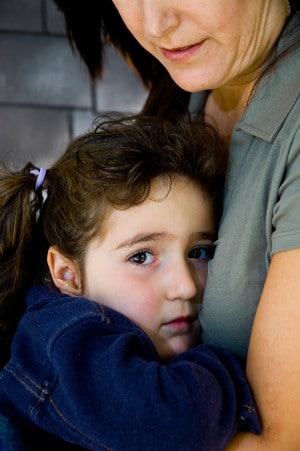
There are a lot of signs that will help you detect when your child is suffering from separation anxiety disorder:
- Excessive worrying about the safety of loved ones.
- Very subjective feeling of anxiety.
- Refusal to sleep if not beside the primary attachment figure which could be the caregiver or the parent.
- Homesickness.
- Headache, stomachache, cramps, lightheadedness, muscle aches, dizziness and other psychosomatic symptoms.
- Nightmares related to separation.
Separation anxiety disorder can be considered severe when the social functioning of the child is affected. In the case of children, they might refuse to go to school or participate in school activities. They may also prefer not to associate with peers, classmates or playmates.
➡️ Related Read: How To Support Your Child’s Social Communication
Treatment for Separation Anxiety Disorder
First and foremost, parents need to acknowledge and recognize the level of anxiety distress the child is experiencing. In many cases, medical treatment is usually not necessary. However, it may be necessary to seek psychological help, especially when the anxiety is affecting the child’s social life. Cognitive-behavior therapy is one such recommended intervention.
Lastly, the child’s environment plays a vital role, and family members should play their part to create a conducive and positive environment for the children to grow in. Positive reinforcements will help encourage the child to go back to normal routines especially in social functions.
* * * * *
Like what you see here? Get parenting tips and stories straight to your inbox! Join our mailing list here.
Want to be heard 👂 and seen 👀 by over 100,000 parents in Singapore? We can help! Leave your contact here and we’ll be in touch.





































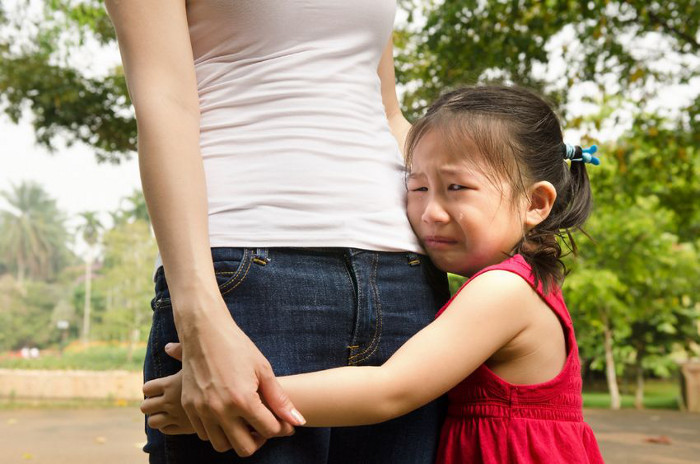
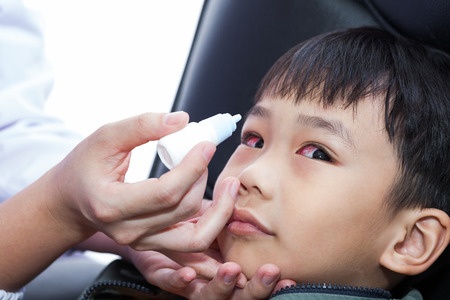

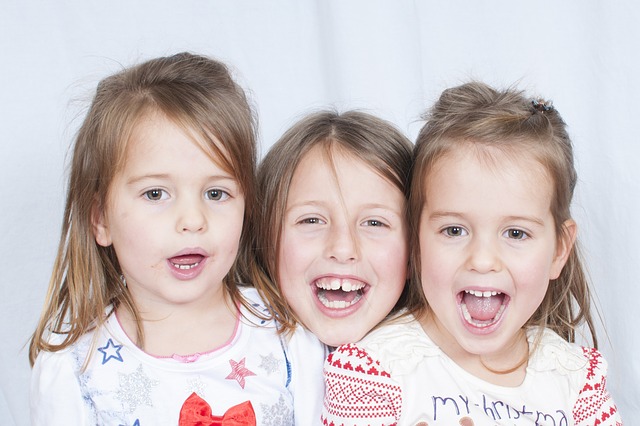

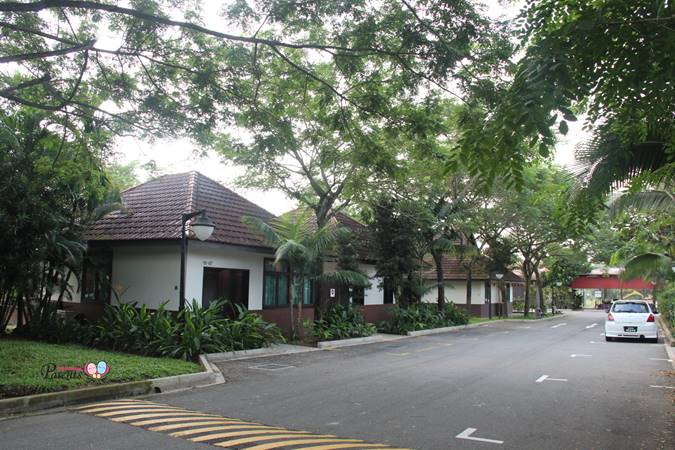
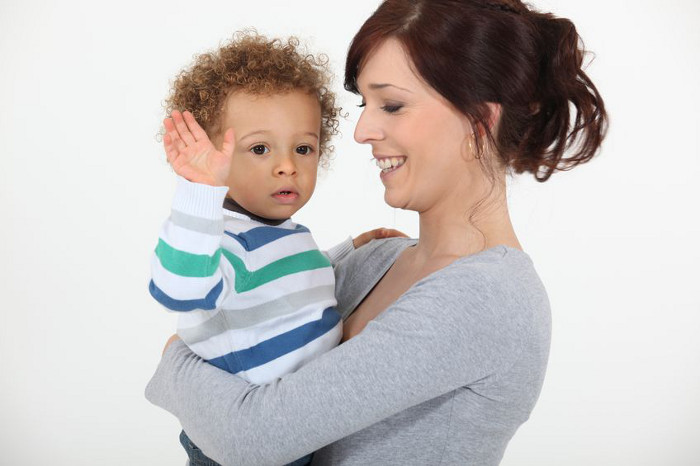
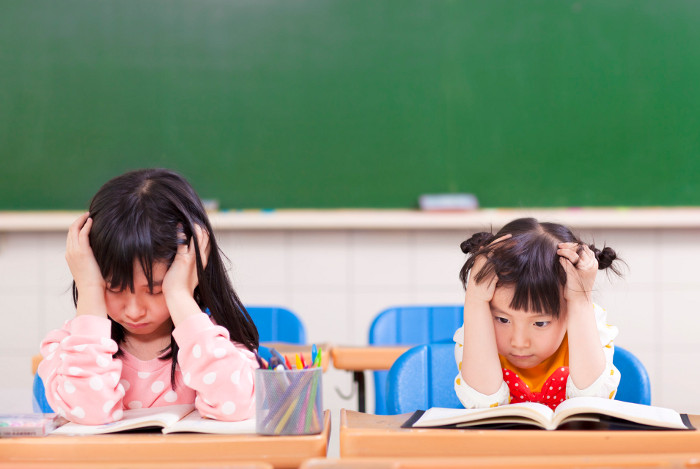
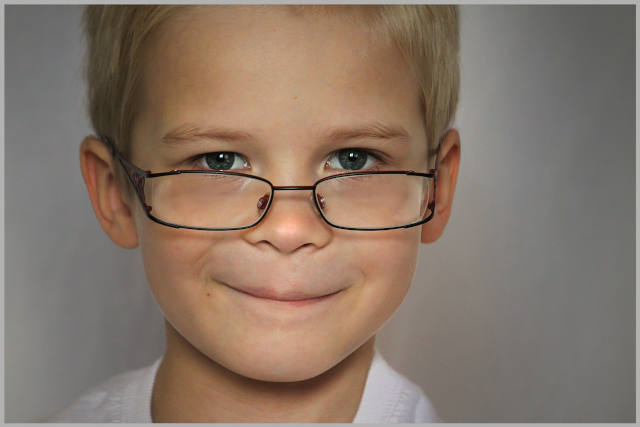

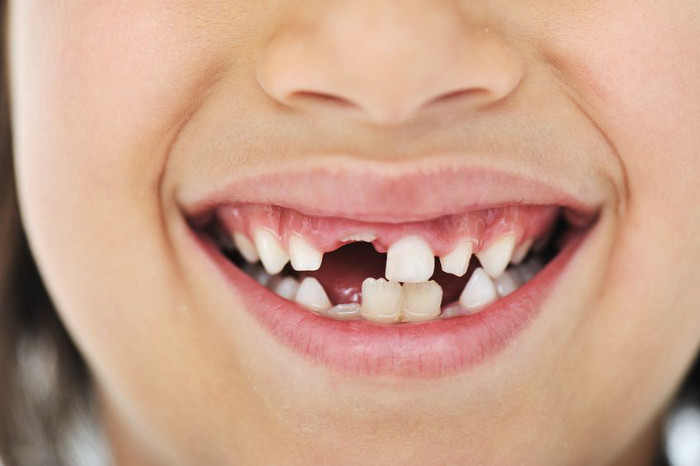









Leave a Comment: